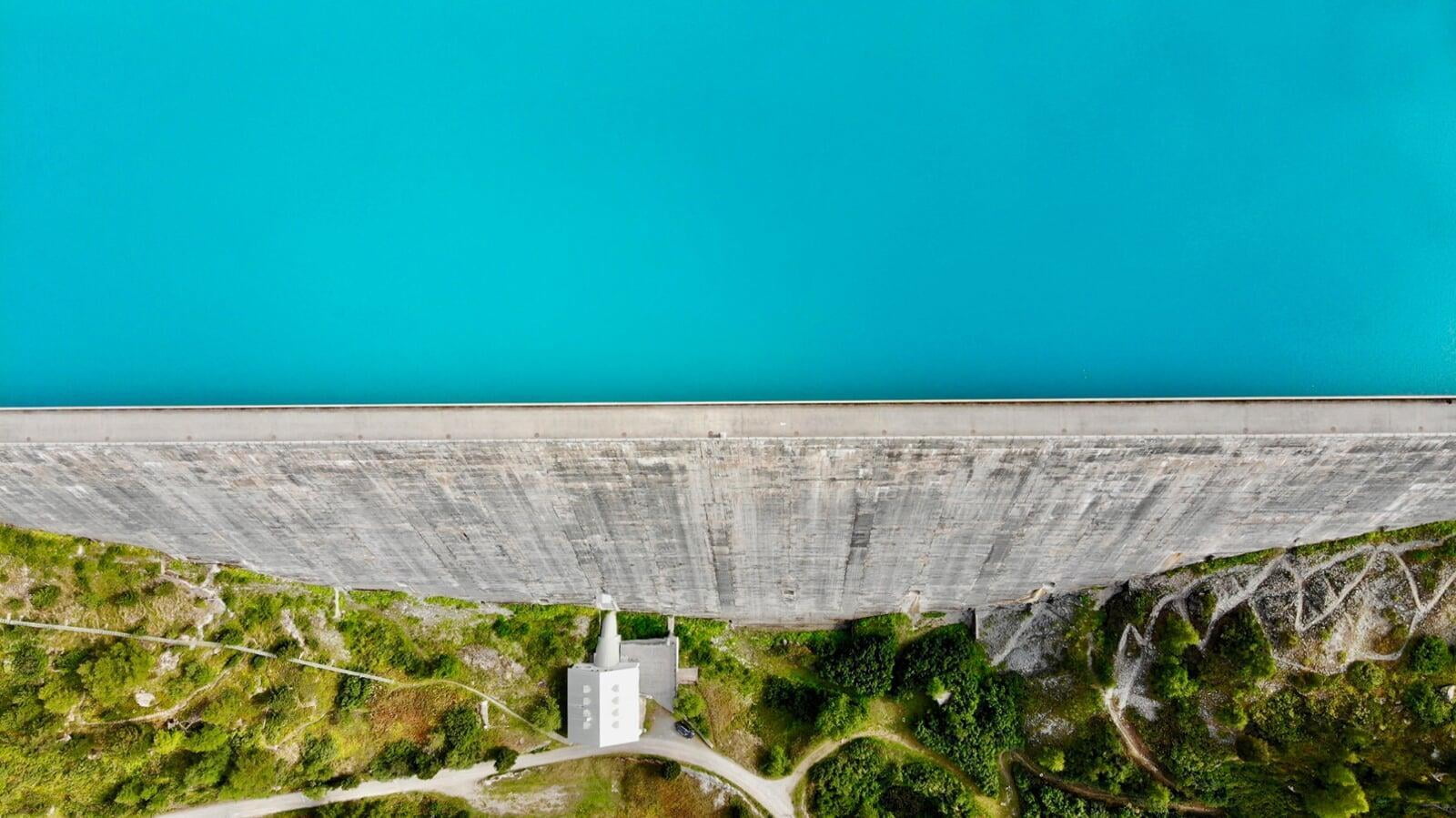Let's Talk About Them.
Dams are divisive. They not only divide a waterway, the divide the opinions of most people. There are completely valid arguments on both sides of the debate. Dams are good, they prevent flooding, store irrigation and drinking water, and a small percentage of the dams produce renewable hydropower. Forty countries in the world get 50% of their electricity from hydropower. Dams are bad, they flood habitat and displace animals, they hold back sediment changing the streambeds downstream, they degrade water quality and they prevent the natural migration of fish species.
Both good and bad arguments are true, to a greater or lesser degree, depending on the dam. However, the arguments are often thrown around as if they were equally true for every dam. When a beaver builds a dam, good and bad arguments can be made there too. As with any real estate project, it often comes down to location, location, location.
At Whooshh Innovations, we have resolved the conflict by accepting that dams of all varieties exist, the vast majority serve a useful and helpful purpose, and that we as a people can do MUCH more to mitigate the impacts of their existence if we stop pretending that they are all going to go away anytime soon. It would be a mistake if they did. Climate change should be bringing this into very clear focus for all of us. The impacts of climate change on the environment all over the planet, trump all other arguments, and change the balance of the arguments at any given location.
For a long time now fish numbers have been declining worldwide, but no serious scientist can blame all of the decline on dams as convenient as a target they may be. Historically, NGO’s and Tribes have held the high ground in the debate as defenders of the environment. Dam owners and operators played defense. The result, more often than not, are delays, expense, and litigation. All of this is to the detriment of everyone, including the fish. Often, the parties can agree to do a study or studies, but too often those studies are inconclusive. Rarely do the studies point to a definitive solution. As a result, very little changes, and none of it quickly.
The accelerating rate and awareness of climate change has added a new variable to the old debate. A shorter timeline for action, and a constantly changing set of conditions, that change assumptions, facts, and data. This can further analysis paralysis. What is needed is proactive adaptive management. This calls for a whole new set of tools and technologies to be deployed. It is not enough to say this has worked in the past in another location and proceed at the same pace and with the same tools that have been used for 100 years. We must learn from our past mistakes, not repeat them. The race is real, we must deploy tools and technologies quickly to not only monitor, but so that we can adapt, in real time, if we are to not run out the clock.
The dams are not the biggest barrier to fish recovery, it's all of us who are the biggest barrier. We must not only be willing to change our thinking and actions, we must quickly do our parts to enable the change. Covid-19 proved we can adapt quickly to changed environmental conditions, and it also proved how bad many of us are at changing, wanting to hold on to the old way, despite overwhelming evidence suggesting the world has changed. We can blame a 75 year old dam for harboring water that with climate change is now too warm for the native fish, or we can do something today to help the fish. Ultimately that means a carbon free energy grid, to cool the air, stop the acidification of the oceans, and to clean the waters. To do that as quickly as possible we must have dams, and hydropower, and we must ensure that we have active adaptive management in place at every one, so we can do a far better job for the fish and do it today.
We have done the studies and developed the technology and tools to help make the transition fast, easy, and more economical than ever before. Take down the barriers – yes – our own.

